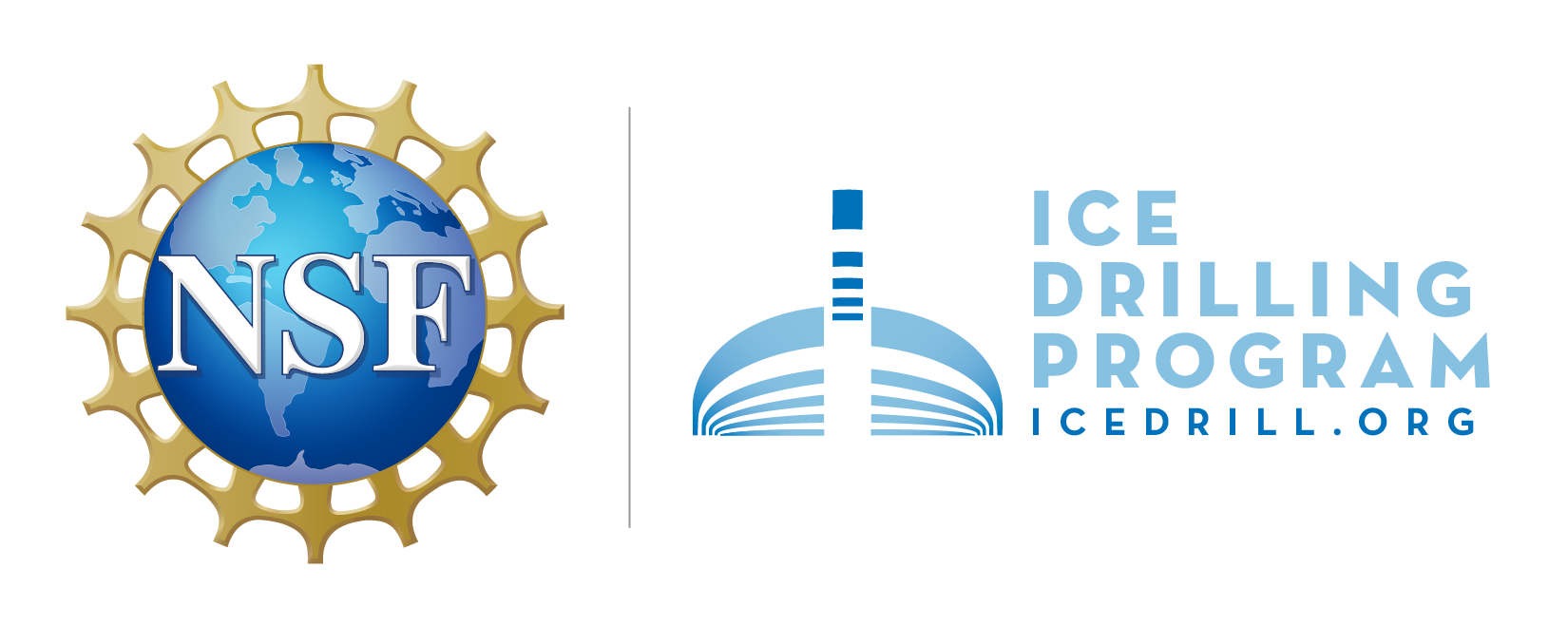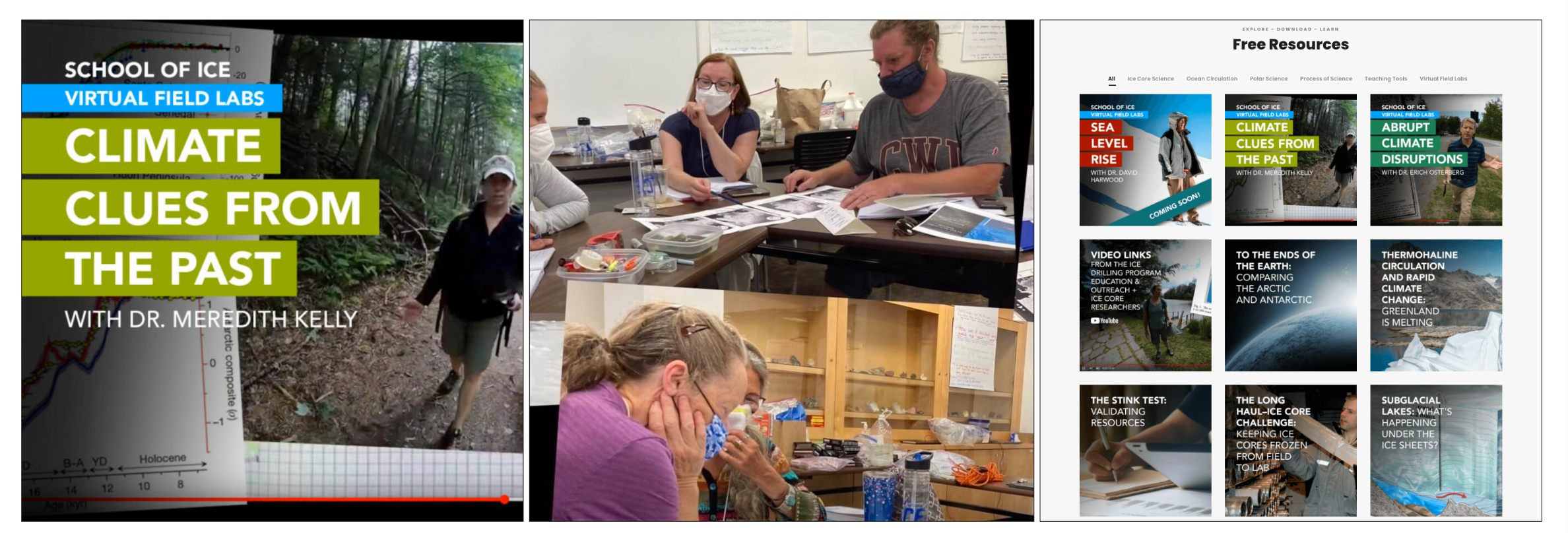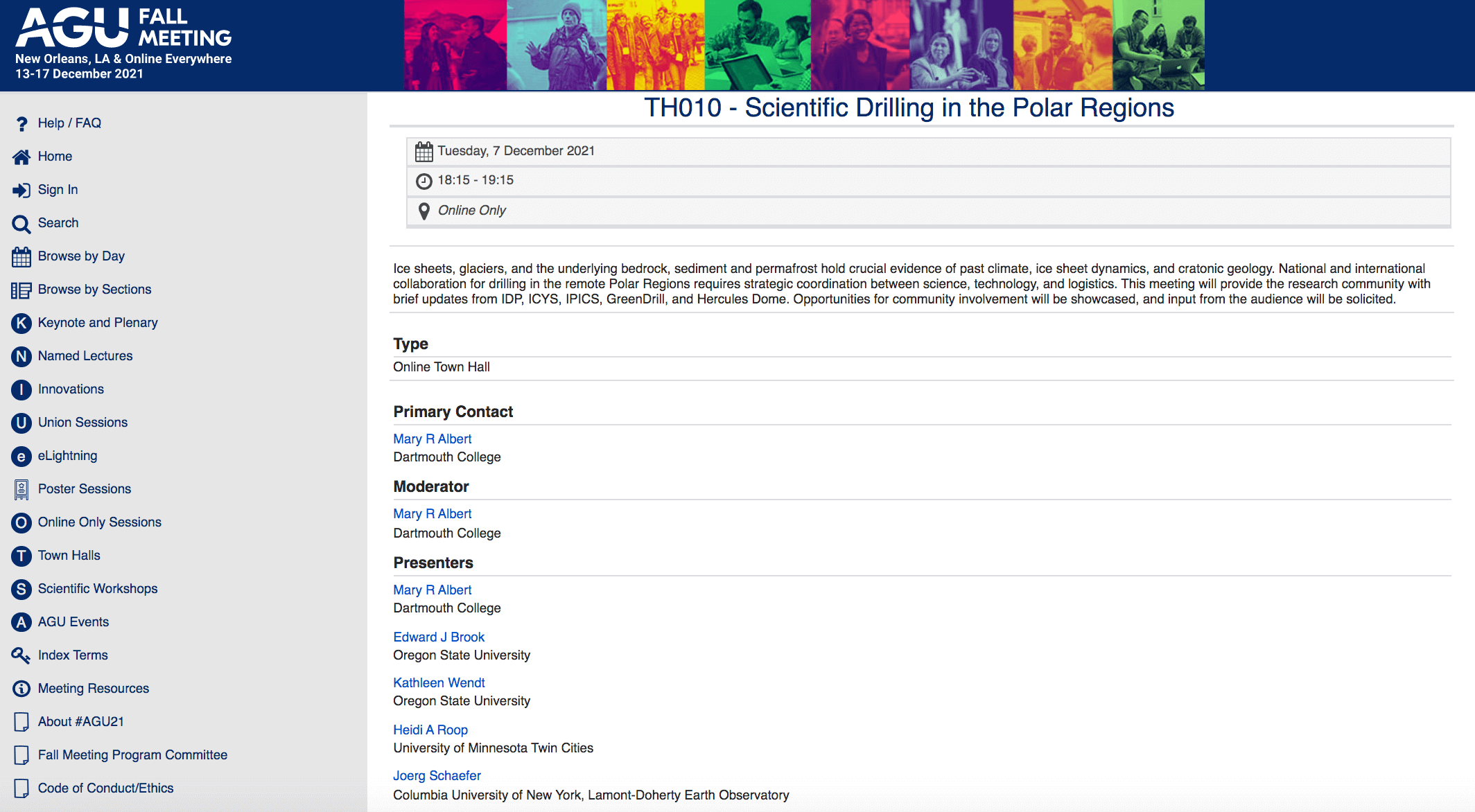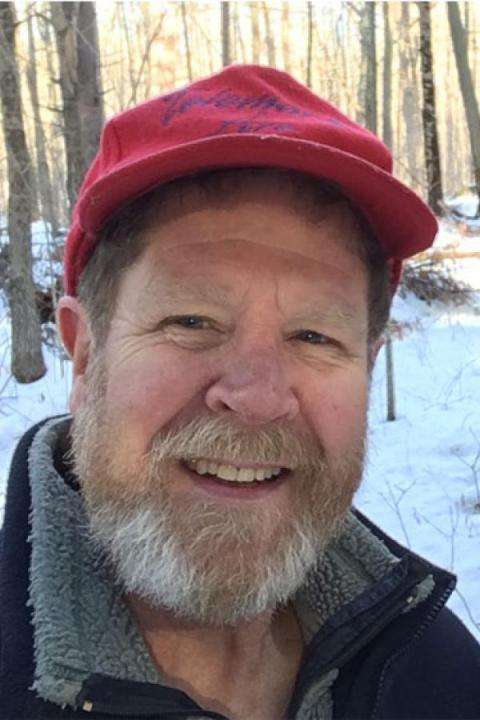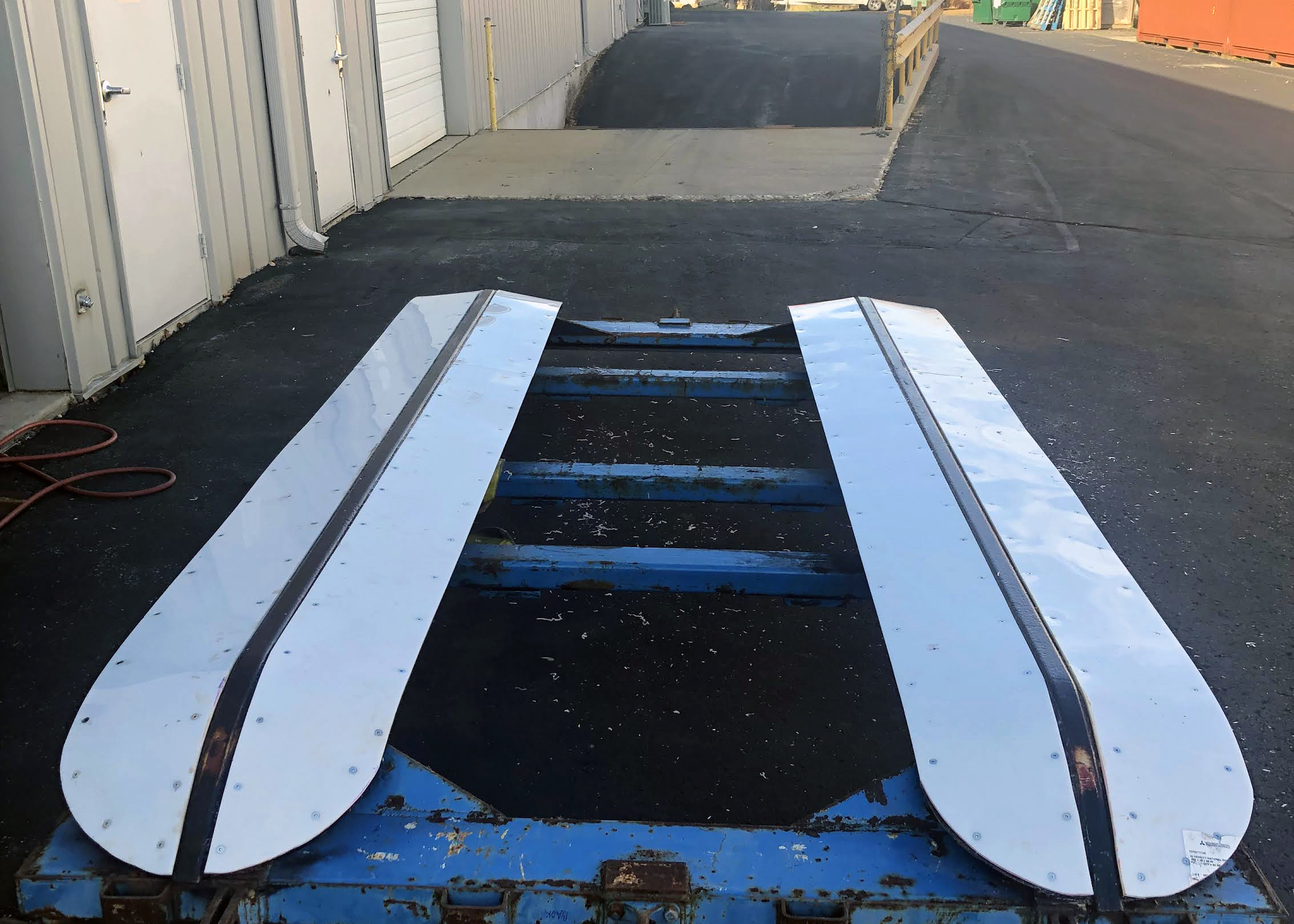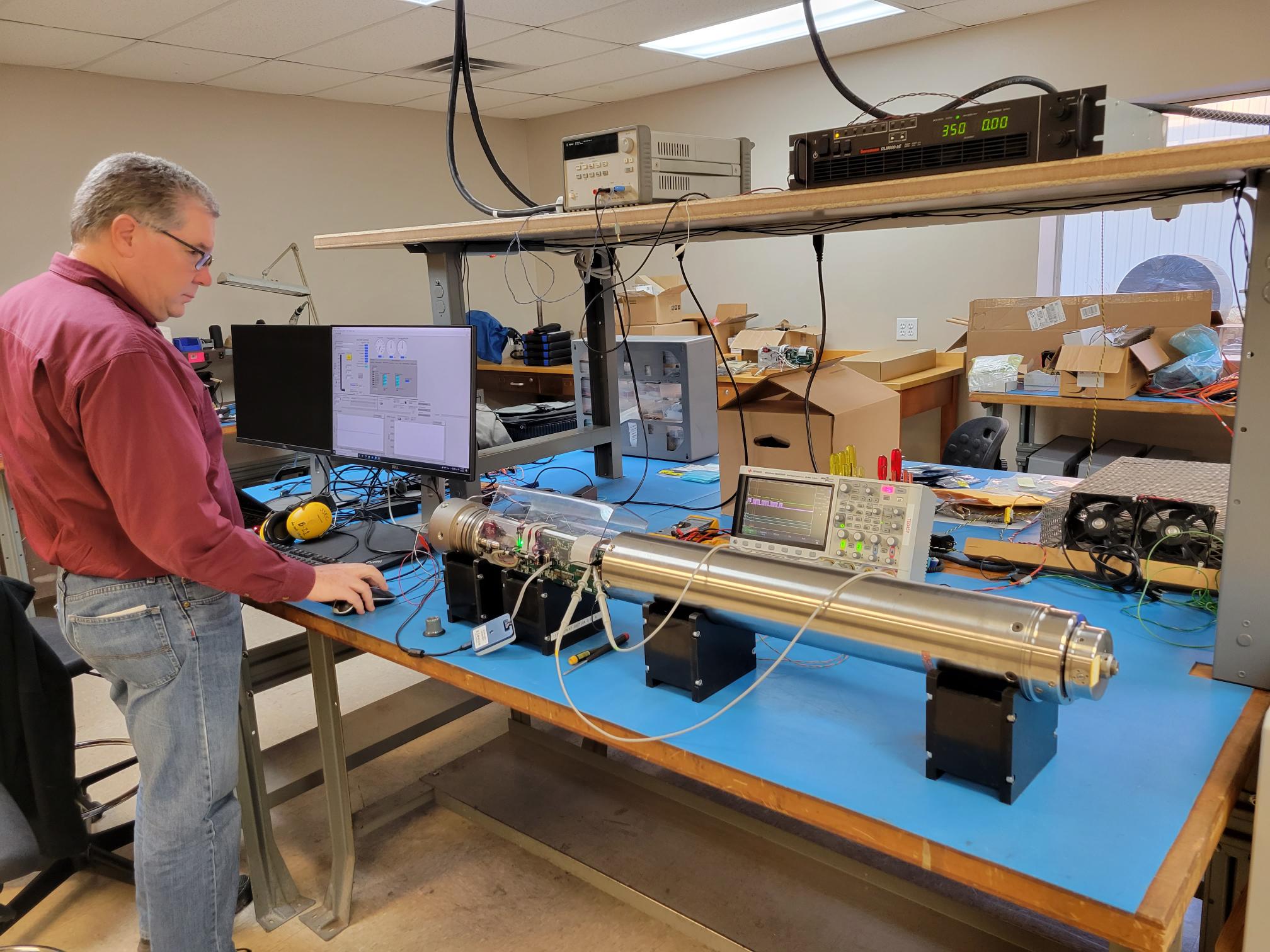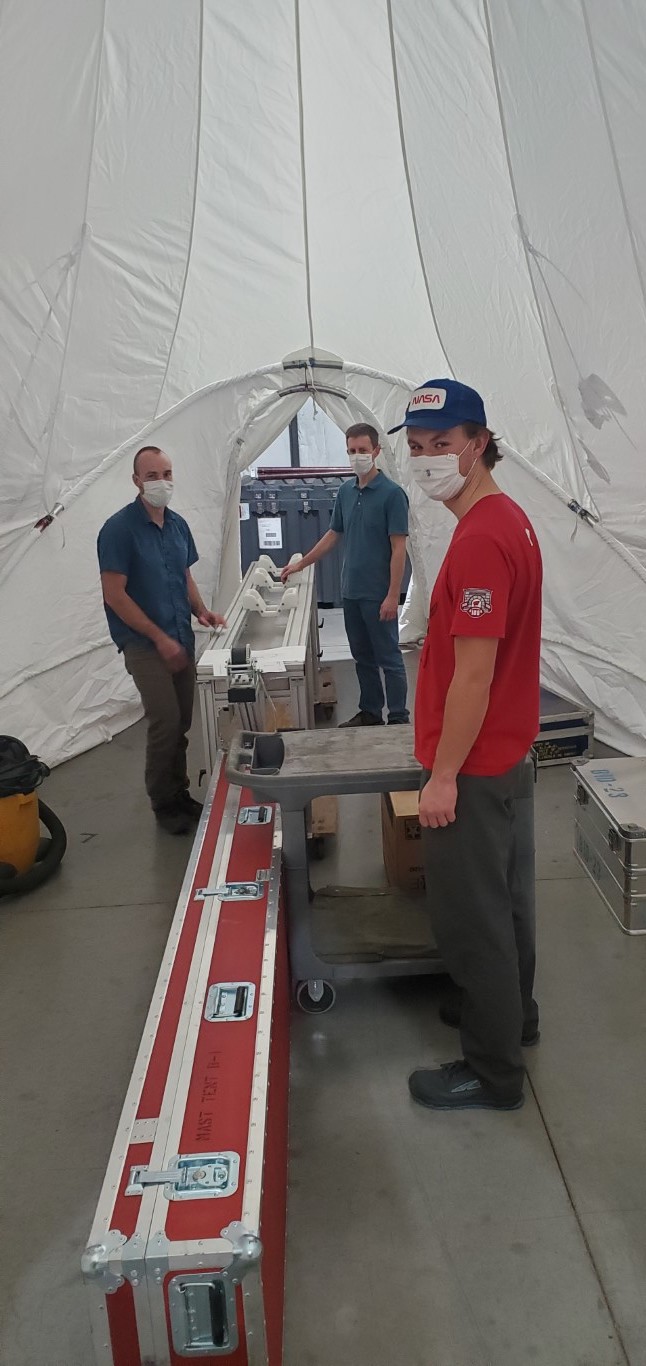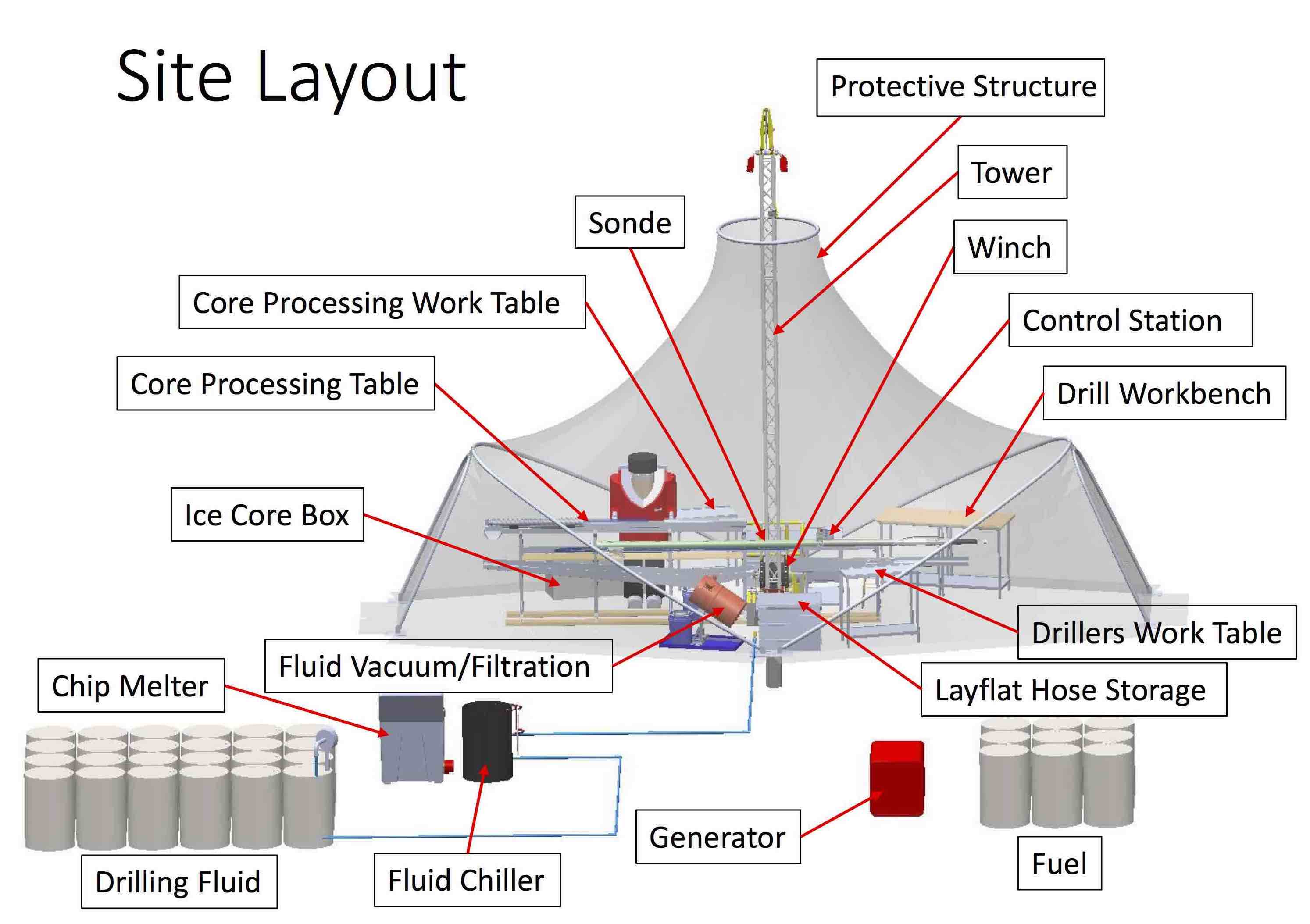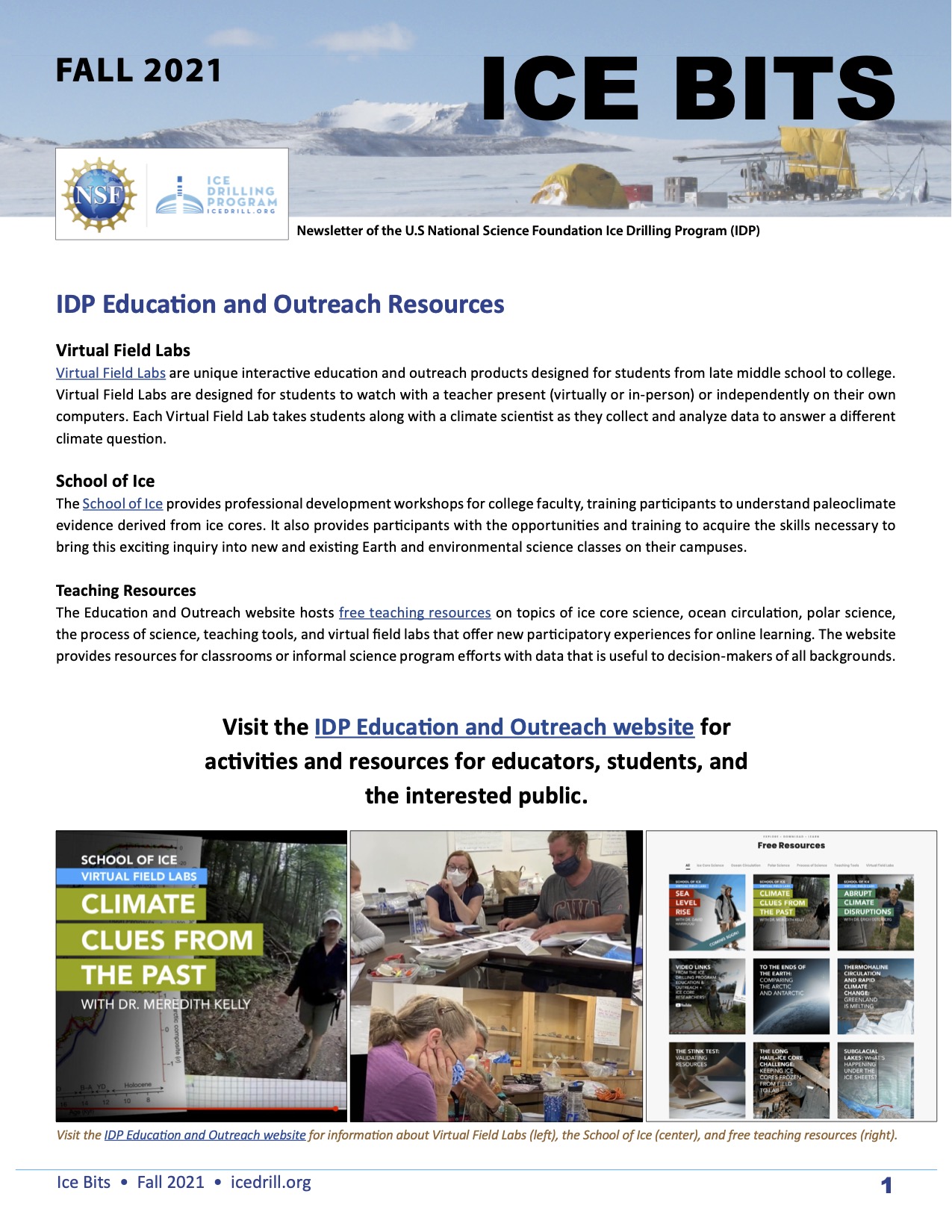IDP Education and Outreach Resources
- Education/ Outreach
- Meetings/ Workshops
Virtual Field Labs
Virtual Field Labs are unique interactive education and outreach products designed for students from late middle school to college. Virtual Field Labs are designed for students to watch with a teacher present (virtually or in-person) or independently on their own computers. Each Virtual Field Lab takes students along with a climate scientist as they collect and analyze data to answer a different climate question.
School of Ice
The School of Ice provides professional development workshops for college faculty, training participants to understand paleoclimate evidence derived from ice cores. It also provides participants with the opportunities and training to acquire the skills necessary to bring this exciting inquiry into new and existing Earth and environmental science classes on their campuses.
Teaching Resources
The Education and Outreach website hosts free teaching resources on topics of ice core science, ocean circulation, polar science, the process of science, teaching tools, and virtual field labs that offer new participatory experiences for online learning. The website provides resources for classrooms or informal science program efforts with data that is useful to decision-makers of all backgrounds.
Visit the IDP Education and Outreach website for activities and resources for educators, students, and the interested public.
AGU Town Hall (Online Only): Scientific Drilling in the Polar Regions
- Meetings/ Workshops
- Long Range Plans
The U.S. Ice Drilling Program (IDP) will hold the AGU Town Hall on Scientific Drilling in the Polar Regions on Tuesday, 7 December 2021, from 18:15-19:15 Central Time. This is an online only event. We hope to see you there!
Abstract: Ice sheets, glaciers, and the underlying bedrock, sediment, and permafrost hold crucial evidence of past climate, ice sheet dynamics, and cratonic geology. National and international collaboration for drilling in the remote Polar Regions requires strategic coordination between science, technology, and logistics. This meeting will provide the research community with brief updates from the US Ice Drilling Program, Ice Core Young Scientists (ICYS), International Partnerships in Ice Core Sciences (IPICS), GreenDrill, and Hercules Dome. In addition, opportunities for community involvement will be showcased, and input from the audience will be solicited.
Date: Tuesday, 7 December 2021. Online Only.
Time: 18:15-19:15 Central Time
AGU meeting website: https://agu.confex.com/agu/fm21/meetingapp.cgi/Session/121992
Mark Twickler Retires After 35+ Years Involved in Ice Drilling
IDP co-PI and Director of Digital Communications Mark Twickler retired from the University of New Hampshire (UNH) in July 2021. Twickler was involved in IDP since its inception in 2008 and was involved in numerous ice drilling projects in Greenland and Antarctica for over 35 years while at UNH. Twickler’s service to the ice drilling community is greatly appreciated, and his expertise will be missed. Joe Souney (UNH) has assumed responsibilities as IDP co-PI and Director of Digital Communications. Souney has been involved with IDP as a project manager since 2008. Since 2005, Souney has worked closely with Twickler and with the community on the West Antarctic Ice Sheet (WAIS) Divide ice core, South Pole ice core (SPICEcore), and Hercules Dome ice core projects, and the NSF-Ice Core Facility (NSF-ICF) Science Management Office.
IDP-WI Equipment Development and Maintenance Update
- Rapid Air Movement (RAM) Drill
- Foro 3000 Drill
- Foro 1650 Drill
- Intermediate Depth Drill (IDD)
- 700 Drill
The third large compressor for IDP’s Rapid Air Movement (RAM) Drill received new plastic on its skis prior to shipment to Port Hueneme, CA, in mid-November. The compressor will travel on the resupply vessel to McMurdo Station, Antarctica, where it will be stored as a spare for the upcoming GHOST project (PI Anandakrishnan) on Thwaites Glacier.
Over the summer, the UW-Madison Space Science and Engineering Center (SSEC) secured additional space for IDP at the drill maintenance and warehouse facility. IDP’s electronics lab has been relocated to the new space, where the Foro 3000 and Foro 1650 Drill (previously referred to as the Intermediate Depth Drill or IDD) electronics are undergoing testing.
In preparation for the Detailed Design Review of the 700 Drill held on November 18, IDP engineers set up the Foro 400 Drill tent. The team believes a tent of very similar design could be used with the new drill slated to drill to 700 meters if fabrication is approved. A preliminary model of the 700 Drill subsystems can be seen below.
IDP's Library – A Portal to Ice Drilling Technology Documents
- Publications
The Library section of the IDP website serves as a portal to ice drilling technology documents and publications of interest to the ice drilling community and currently contains links to over 650 documents. The portal is organized by drilling topic (e.g., deep drilling, drilling fluids, hot water drilling, etc.), equipment type (e.g., 4-Inch Drill, Blue Ice Drill, etc.), U.S. Ice Drilling Program documents (e.g., equipment manuals, meeting/workshop presentations and notes, science requirements for equipment, etc.), and special collections (e.g., CRREL Reports, International Partnerships in Ice Core Sciences (IPICS), International Workshop/Symposium on Ice Drilling Technology series, etc.). Visit the IDP Library.
International Partnerships in Ice Core Sciences (IPICS) 3rd Open Science Conference
- Meetings/ Workshops
After two years of postponement due to the worldwide COVID19 pandemic, the IPICS 3rd Open Science Conference (OSC) will now take place from 2-7 October 2022 in Crans-Montana, Switzerland. For details about the OSC, visit the meeting website at https://indico.psi.ch/event/6697/.
Important Dates (refer to the IPICS 3rd OSC website for the most current information)
| January 1, 2022 | Submission for abstracts opens Registration opens Travel support application opens Hotel booking opens |
| April 30, 2022 | Deadline for abstract submission Deadline for travel grant application |
| June 1, 2022 | Abstract confirmation Travel award confirmation |
| July 1, 2022 | Early bird registration closes |
| August 1, 2022 | Program online |
| September 1, 2022 | Online registration closes |
| October 1, 2022 | Ice Core Young Scientists (ICYS) Workshop |
| October 2-7, 2022 | IPICS Third Open Science Conference |
| October 8, 2022 | Post-Conference Excursion |
Acknowledgment of IDP in Publications
- Publications
If you receive any support from IDP, we kindly request that you acknowledge IDP in any resultant publications or articles with the following statement: “We thank the U.S. Ice Drilling Program for support activities through NSF Cooperative Agreement 1836328.” If you have any questions, please contact us at IceDrill@Dartmouth.edu.
Ice Drilling Support for NSF Polar Proposals
- Funding Opportunities/ Solicitations
- Education/ Outreach
If you are preparing a National Science Foundation (NSF) proposal that includes any kind of support from IDP, you must include a Letter of Support from IDP in the proposal.
Researchers are asked to provide IDP with a detailed support request three weeks prior to the date the Letter of Support is required. Early submissions are strongly encouraged.
Scientists who seek to include IDP education and outreach activities associated with U.S. ice coring or drilling science projects should contact Louise Huffman at Louise.T.Huffman@Dartmouth.edu during their proposal preparation stage.
For further information on requesting IDP support, visit our website at https://icedrill.org/requesting-field-support or contact us at IceDrill@Dartmouth.edu.
